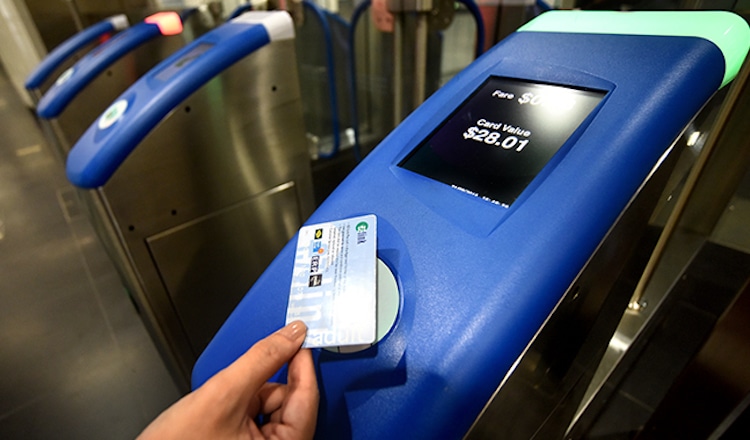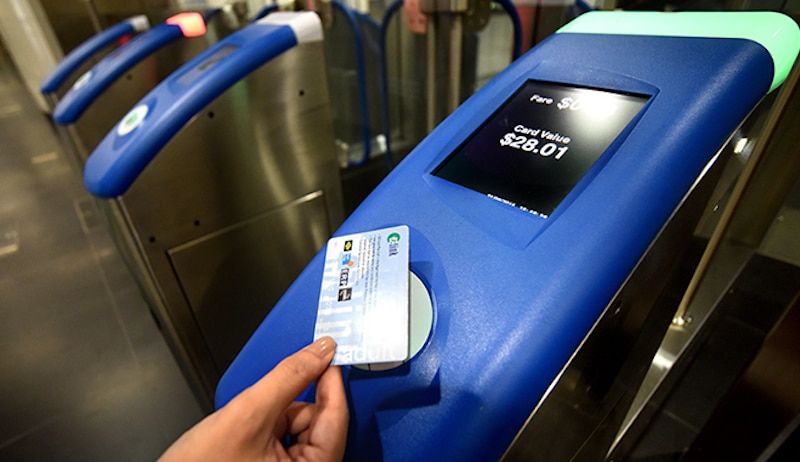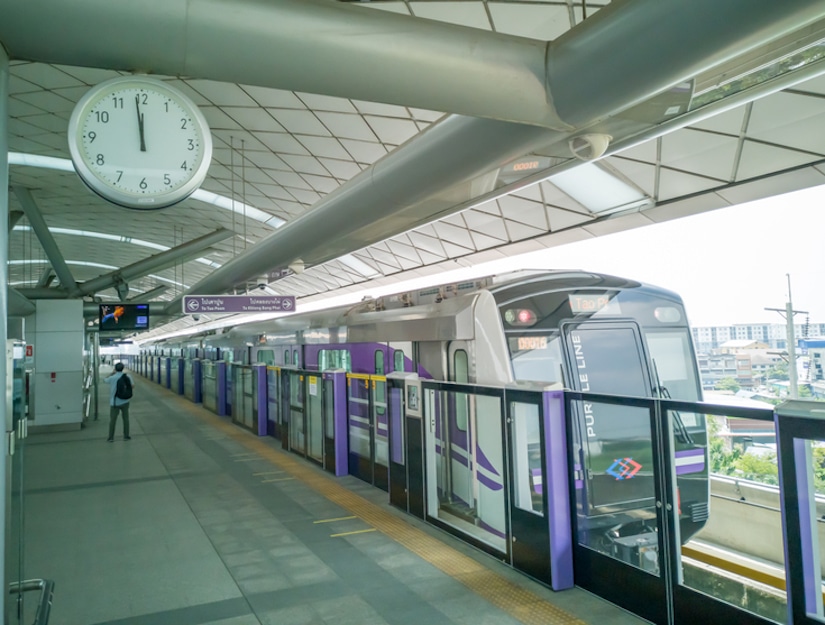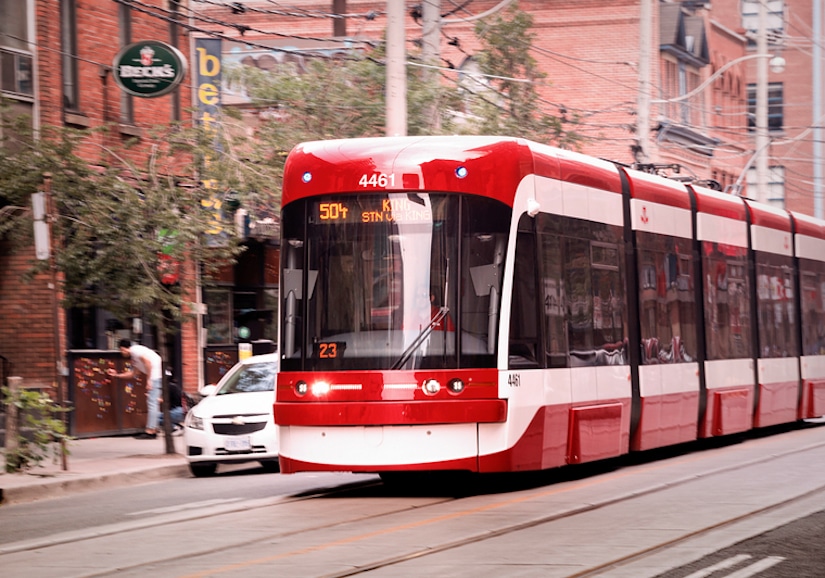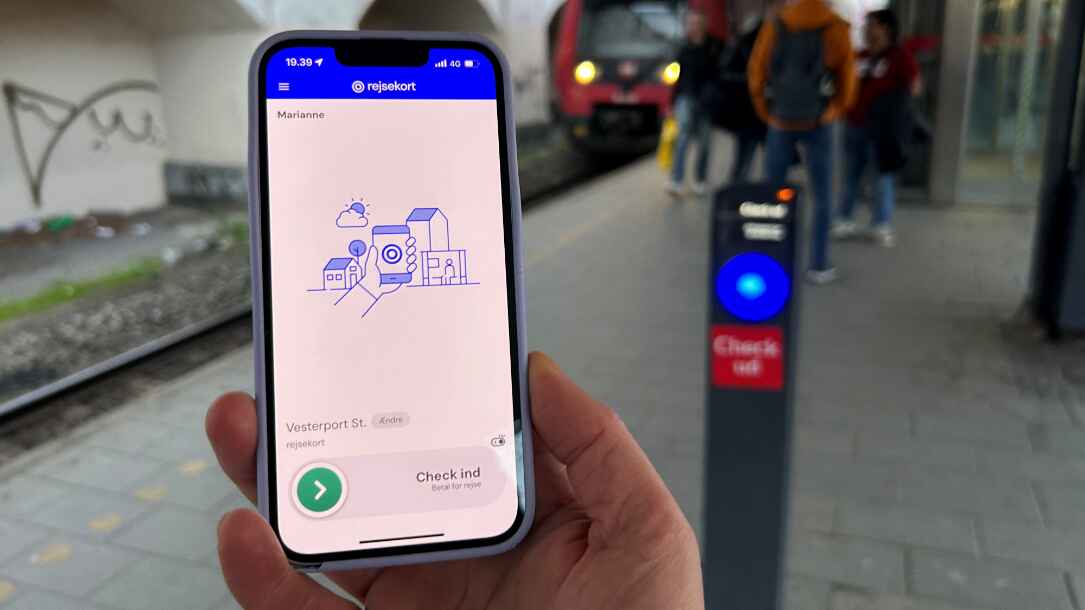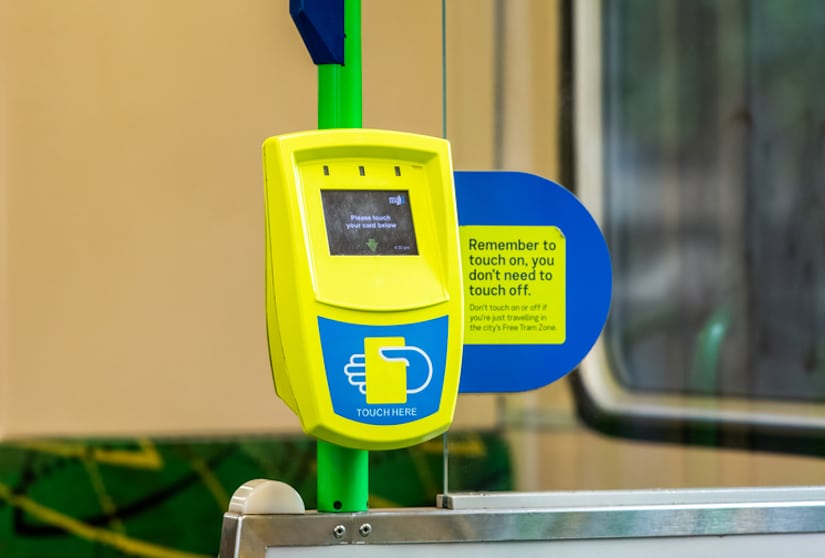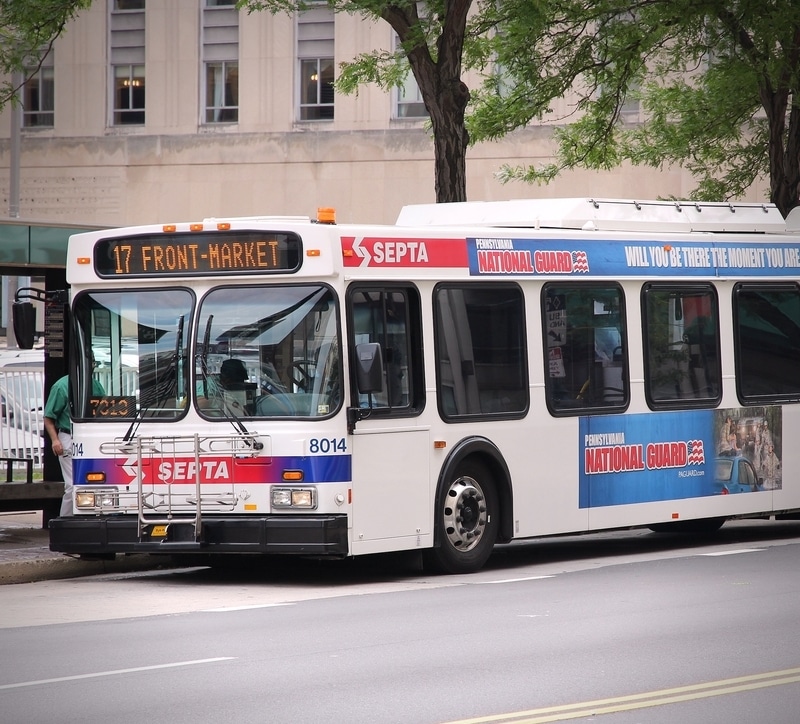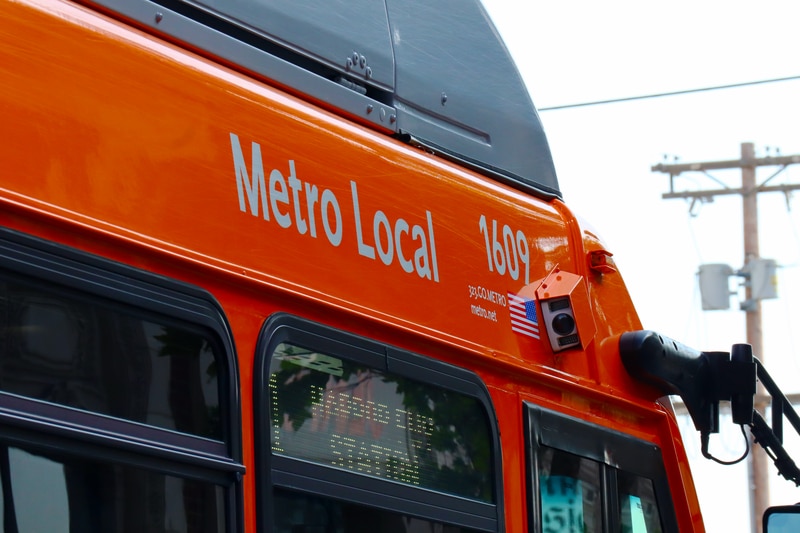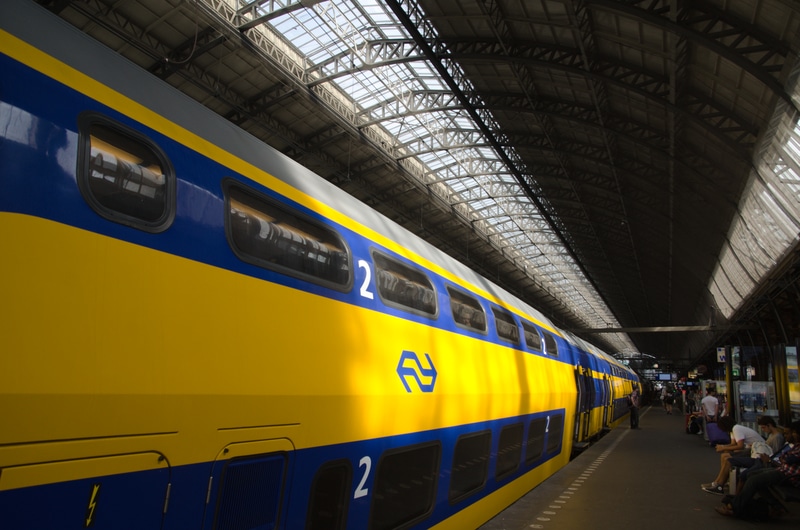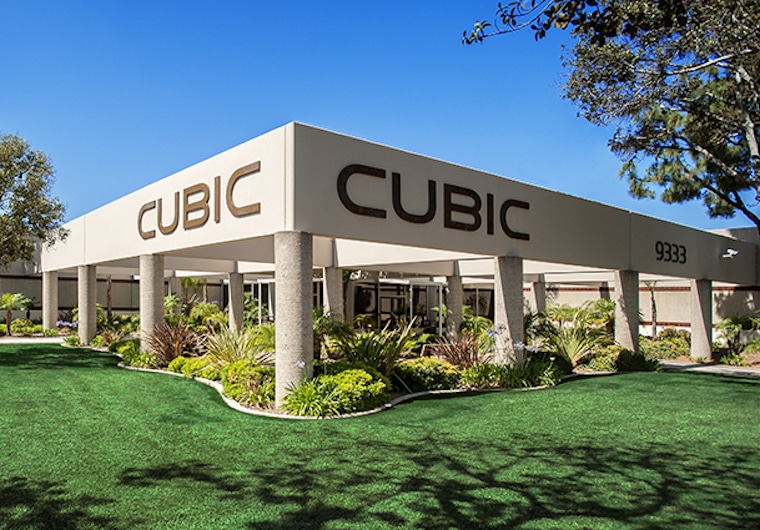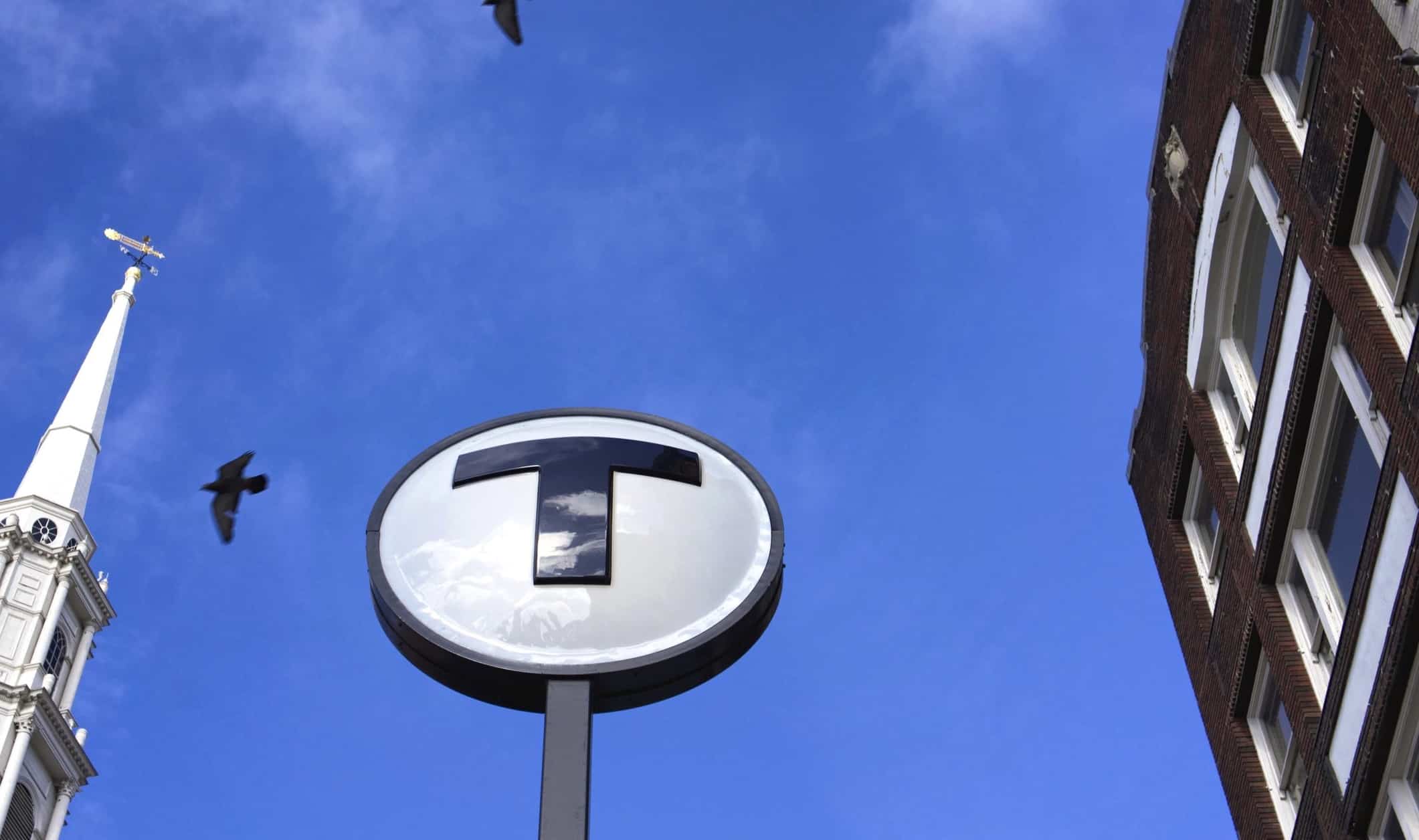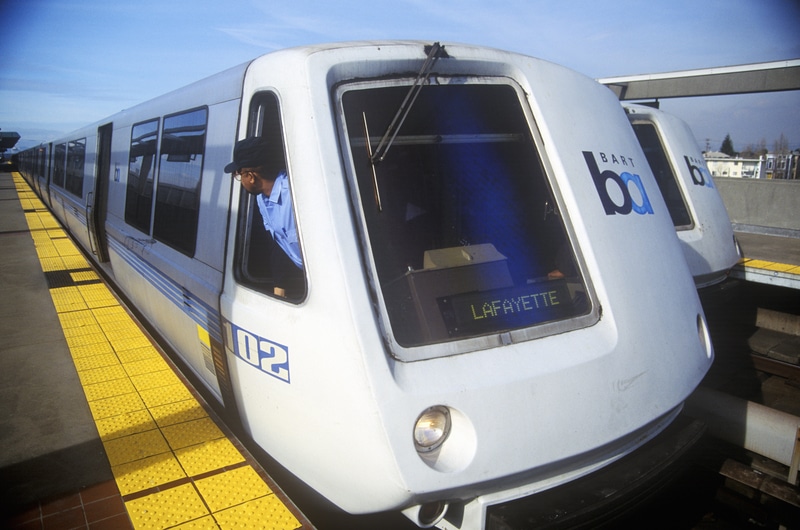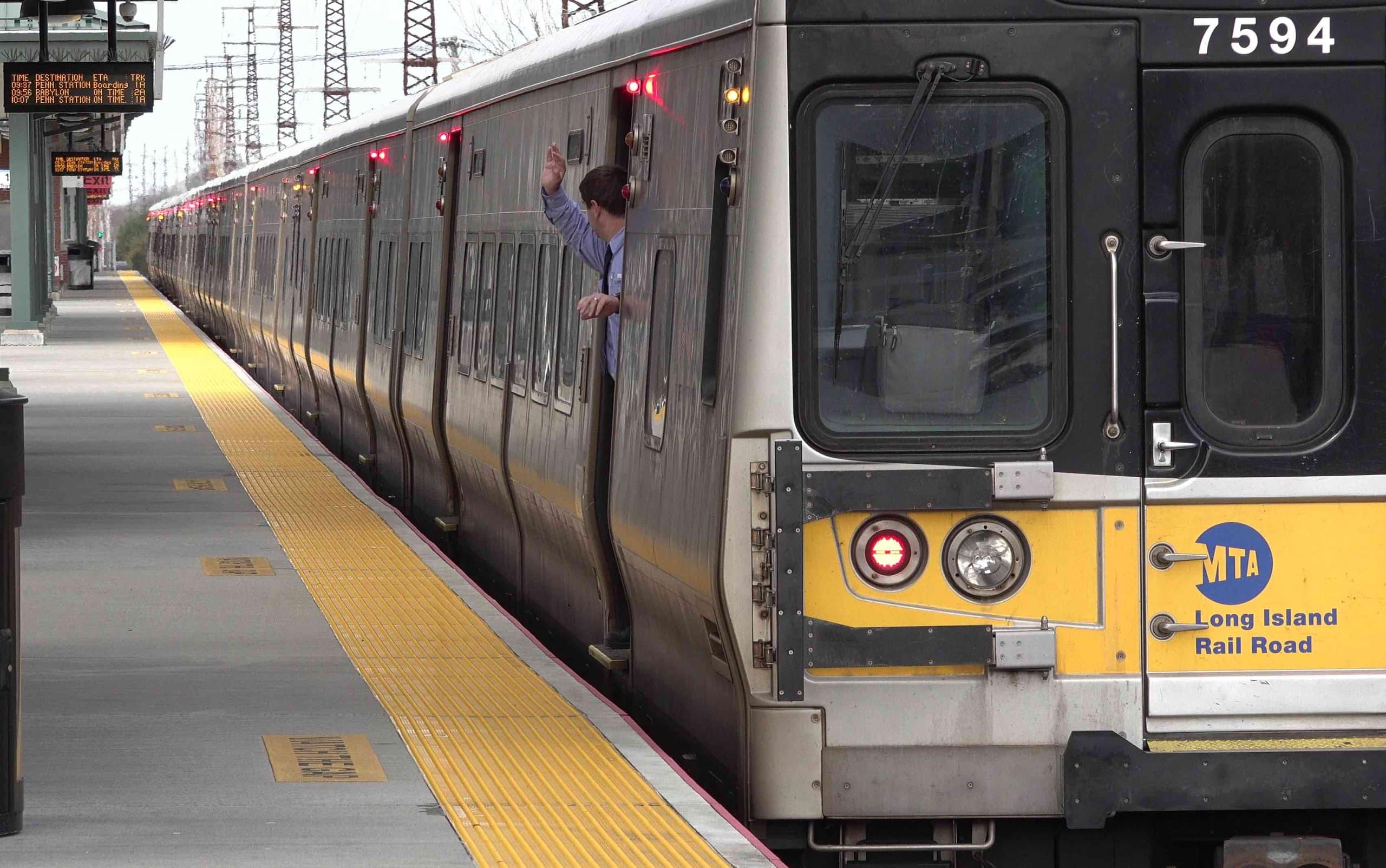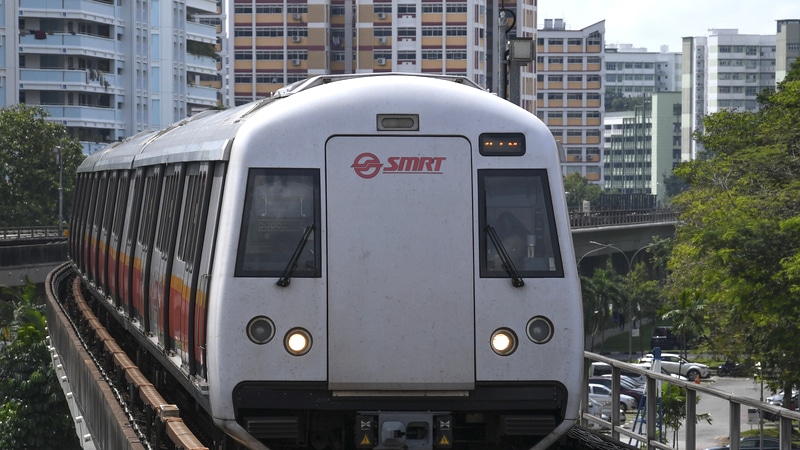
Article Highlights
Since launching open-loop payments in 2019, Singapore’s Land Transport Authority has seen adoption grow to more than 30% of adult full fare trips, and the authority has eliminated single-trip paper tickets. But it has no plans to end its closed-loop program. Among concerns by the authority is that “EMV scheme owners” could raise fees, said an executive.
• Chart: Open-loop penetration with and without concessionary trips
• Chart: Share of open loop from cards and devices
Since launching open-loop payments in 2019, Singapore’s Land Transport Authority has seen adoption grow to more than 30% of adult full fare trips, and the authority has eliminated single-trip paper tickets.







